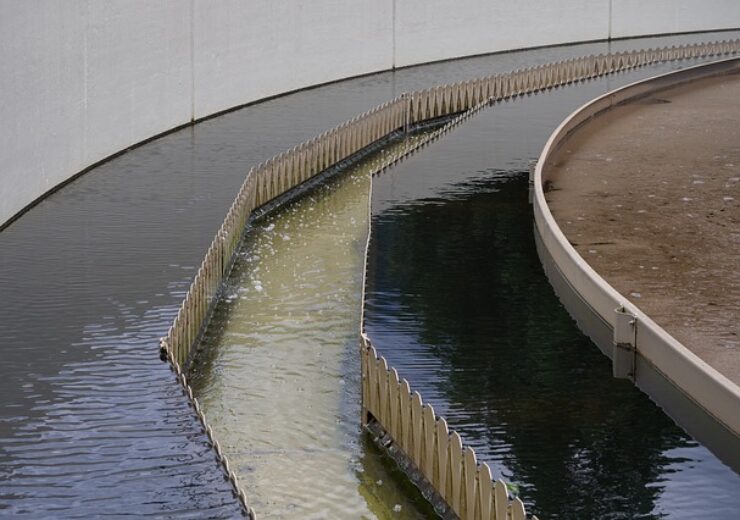Nationally, EPA’s 33 WIFIA loans are helping finance more than $14 billion in water infrastructure projects

EPA to offer Water Infrastructure Loan to the City of Memphis, Tennessee. (Credit: Pixabay/Hermann Hammer.)
The U.S. Environmental Protection Agency (EPA) announced a $156 million Water Infrastructure Finance and Innovation Act (WIFIA) loan to the City of Memphis, Tennessee, for upgrades to the T.E. Maxson Wastewater Treatment Facility. The projects financed with this loan will help support the city’s growth, protect public health, and bolster continued economic development in Memphis.
“WIFIA plays a critical role in President Trump’s commitment to upgrade our nation’s infrastructure, improve public health and environmental protections, and create good, local jobs,” said EPA Administrator Andrew Wheeler. “EPA’s 33 WIFIA loans are providing $6 billion in credit assistance to help finance $14 billion for water infrastructure while creating more than 29,000 jobs and saving ratepayers $3.2 billion.”
“Rebuilding aging water infrastructure across the Southeast is a top priority for EPA,” said Region 4 Administrator Mary S. Walker. “Through WIFIA, EPA is investing in Memphis’ future, which will result in a cleaner environment, improved public health, new jobs and a stronger economy.”
The City of Memphis will use EPA’s WIFIA loan to help finance projects to expand biological treatment capacity and improve processing of biosolids at the T.E. Maxson Wastewater Treatment Facility. These projects will help the facility achieve new National Pollutant Discharge Elimination System (NPDES) permit requirements for effluent disinfection and overall reduction in treated total suspended solids and biological oxygen demand in the effluent. The completed projects will significantly improve effluent water quality and loading to the Mississippi River, provide reliable, efficient biosolids treatment, improve process efficiency and operability, and improve overall plant odor control.
“This financing will improve Memphis’ sewer system, improve public health, create jobs and ultimately save the city money,” said U.S. Representative Steve Cohen (TN-09). “Memphis will benefit from this investment by the EPA.”
“Thanks so much to the Environmental Protection Agency for making this WIFIA loan available to the City of Memphis,” said Memphis Mayor Jim Strickland. “With these funds, it will make it possible for the city to move forward with vital sewer improvement projects that will benefit over 300,000 Memphians and a total of more than 425,000 people throughout the region.”
“The City of Memphis is very fortunate to receive a WIFIA loan from the EPA. WIFIA funding opportunities are very beneficial to cities like Memphis,” said City of Memphis Public Works Director Robert Knecht. “The funding will enable Memphis Public Works to complete important system upgrades, modernization and other vital improvements to its South Wastewater Treatment Plant as well as provide an attractive long-term low interest loan that will be beneficial to the rate payers of Memphis.”
WIFIA is providing financial support at a critical time as the federal government, EPA, and the water sector work together to help mitigate the public health and financial impacts of COVID-19. EPA’s WIFIA loan will finance nearly half of the total T.E. Maxson Wastewater Treatment Facility Process and Biosolids Upgrade Program cost of $317.5 million. The remaining project costs will be funded by a combination of system funds and a Tennessee Clean Water State Revolving Fund loan. EPA estimates that the WIFIA loan will save the City of Memphis an estimated $57 million compared to typical market financing and that construction and operation are expected to create approximately 1,015 direct and indirect jobs. Since the beginning of March 2020, WIFIA has announced seventeen loans and updated five existing loans with lower interest rates. These recent efforts by EPA’s WIFIA program will save ratepayers over $1 billion compared to typical market financing.
Source: Company Press Release
